
In this digital age, having a robust online presence is non-negotiable. Whether you’re a blogger or an entrepreneur, your website’s success hinges on choosing the right web host.
Without a reliable and efficient web host, your website may suffer from slow loading times, frequent downtime, and compromised security. These issues can turn away potential visitors and customers, hindering your online growth and success.
In this article, we’ll guide you through the process of selecting the perfect web host that aligns with your website’s needs and goals. So, let’s dive in and discover how to choose a web host that becomes your gateway to online growth!
Ready to compare Web hosting providers? At HostAdvice, we’ve curated expert recommendations of the Best Hosting Providers per hosting type. Or use our Web Hosting Comparison Tool to Easily compare up to 3 web hosting companies!
Key Highlights
- Understanding your website’s purpose will lay the foundation for choosing the right hosting
- A hosting plan that meets your requirements without exceeding your budget will provide the most cost-effective solution
- Look for expert opinions and reviews from reputable websites and industry experts
- Test the hosting provider’s customer support by reaching out with pre-sales questions or inquiries
- Choose a hosting provider that allows easy scalability, enabling you to upgrade your hosting resources without hassle
Understanding Your Website’s Requirements

- Are you aiming to provide valuable information to your audience?
- Or is your goal to sell products or services through an e-commerce platform?
Understanding your website’s purpose will lay the foundation for choosing the right hosting.
Identifying Your Website’s Purpose and Goals

Defining the primary purpose and specific goals of your website is crucial for selecting the appropriate web hosting solution.
Consider what you want to achieve with your website and who your target audience is. Are you looking to engage and interact with your visitors, or do you primarily aim to provide information?
By understanding your website’s role in achieving your business objectives, you can better align your hosting requirements with the right features and resources.
Analyzing Website Traffic and Expected Growth

Estimating your website’s potential traffic and expected growth is vital to avoid performance issues down the road. Analyze the traffic trends of similar websites or use tools to forecast your potential visitors.
Anticipate your website’s growth over time, as increased traffic may require more resources from your hosting provider. Select a web hosting plan that can easily scale with your growing needs to ensure a seamless user experience.
By evaluating your website’s purpose, goals, traffic, and growth projections, you’ll be well-prepared to choose a web host that perfectly suits your online journey. So, let’s explore the different types of web hosting services available to meet your unique requirements.
Types of Web Hosting Services
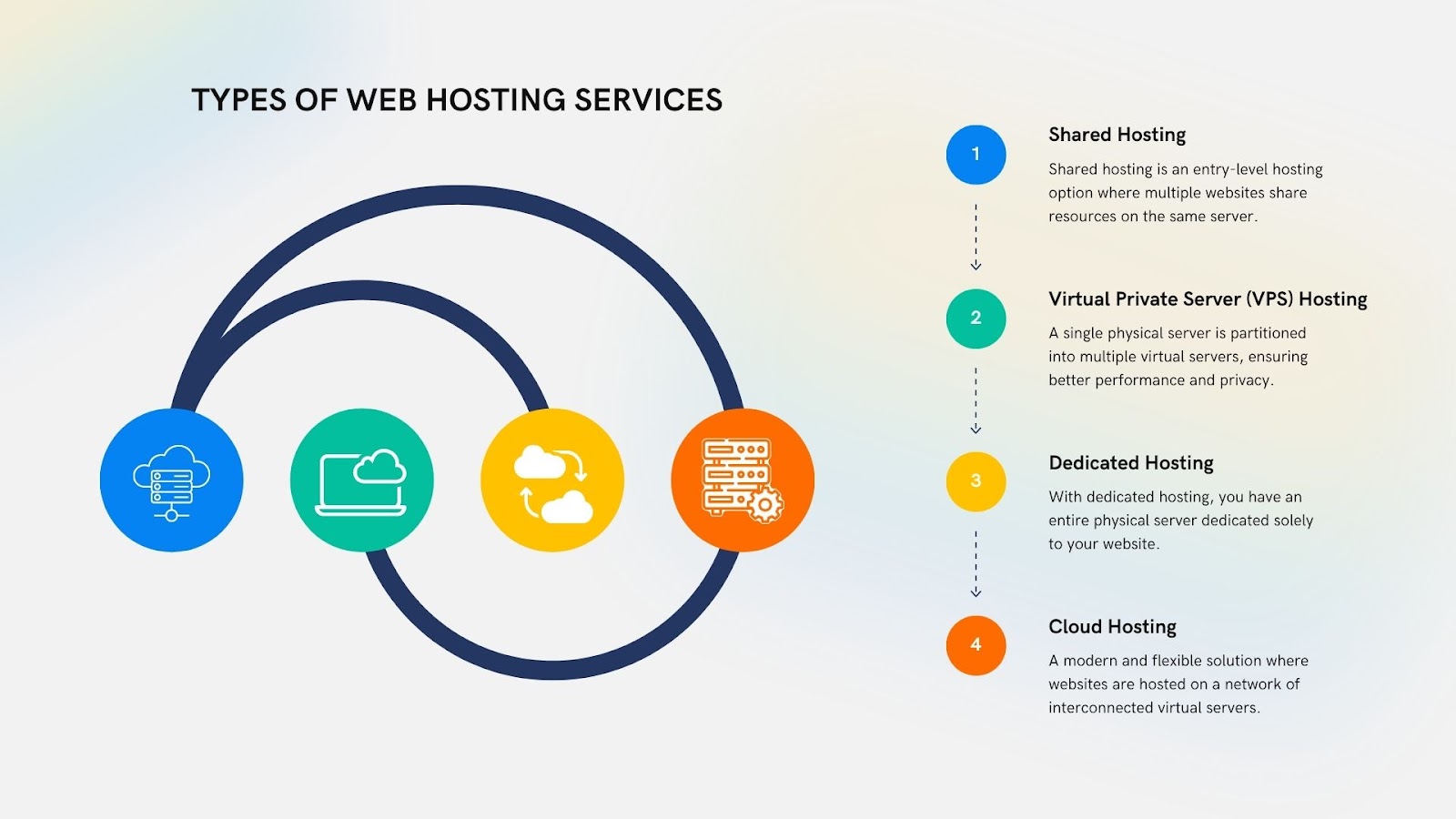
Several web hosting options are available, each catering to different needs and budgets. Let’s explore the main types of web hosting services:
Shared Hosting
Shared hosting is an entry-level hosting option where multiple websites share resources on the same server.
It’s an affordable choice for beginners and small websites. However, since resources are shared among many users, there might be potential performance issues, especially during peak times.
While shared hosting offers cost-effectiveness, it’s essential to be aware of its limitations. Resource sharing can lead to slower loading times and reduced security due to vulnerabilities in neighboring websites. Shared hosting is best suited for personal blogs, small businesses, or websites with moderate traffic.
Virtual Private Server (VPS) Hosting
VPS hosting strikes a balance between shared and dedicated hosting. In this setup, a single physical server is partitioned into multiple virtual servers, ensuring better performance and privacy. Each virtual server operates independently with its dedicated resources.
VPS hosting offers increased customization options, allowing users to install and configure software as needed. VPS hosting comes at a higher cost than shared hosting. However, the improved performance and security justify the investment.
VPS hosting is an excellent choice for growing websites, businesses, and web developers.
Dedicated Hosting
For websites with significant resource demands and high traffic, dedicated hosting is the way to go. With dedicated hosting, you have an entire physical server dedicated solely to your website. This guarantees maximum performance, security, and control over server settings.
Dedicated hosting is the most expensive option. However, it’s suitable for
- Large enterprises
- High-traffic websites
- Applications requiring extensive resources
It provides unparalleled customization and performance, making it ideal for mission-critical websites and projects.
Cloud Hosting
Cloud hosting is a modern and flexible solution where websites are hosted on a network of interconnected virtual servers. The cloud infrastructure ensures scalability, allowing resources to be allocated dynamically based on website demands.
With cloud hosting, you only pay for the resources you use, making it a cost-effective choice for websites with varying traffic levels. Additionally, the distributed nature of cloud hosting ensures high reliability and uptime. Cloud hosting is an excellent fit for businesses and websites that experience fluctuating traffic patterns.
Now that you have an overview of the different hosting types, it’s time to consider the technical specifications and features you need from your web host. Let’s delve into the essential aspects you should look for when choosing a hosting provider.
What Are Technical Specifications and Features to Look For?

Disk Space and Bandwidth

Disk space refers to the amount of storage provided by the hosting provider to store your website files, databases, and email accounts. It’s essential to evaluate whether the offered disk space can accommodate all your data without any restrictions.
Bandwidth, on the other hand, refers to the amount of data that can be transferred between your website and its visitors. Sufficient bandwidth ensures smooth website performance, even during high-traffic periods, and enhances user experience.
CPU and RAM Resources

CPU and RAM are vital components that determine your website’s processing power and ability to handle concurrent user requests. A robust CPU ensures faster data processing, while ample RAM prevents your website from slowing down during traffic spikes.
Resource-intensive applications and high-traffic websites require sufficient CPU and RAM resources to maintain optimal speed and responsiveness.
Operating System (Linux vs. Windows)

The operating system (OS) of the hosting server is an essential consideration. The two most common OS options are Linux and Windows.
- Linux Hosting is generally more popular and cost-effective, offering compatibility with various applications and scripts like PHP, Python, and Ruby
- Windows Hosting is, however, preferred for websites built on Microsoft technologies like ASP.NET and MS SQL databases. Consider the specific requirements of your website and the technologies it will use. This information will help when choosing between Linux and Windows hosting.
Control Panel Options (cPanel, Plesk, etc.)

The control panel is your gateway to managing your website, domains, and server settings. Popular control panels like cPanel and Plesk provide user-friendly interfaces that simplify website management tasks.
When choosing a web host, assess the following:
- The ease of use
- Available features
- Compatibility of the control panel with your website’s technology stack
A user-friendly control panel can save you time and effort in managing your website.
Database Support (MySQL, PostgreSQL, etc.)
Databases are essential for dynamic websites and applications. Ensure the hosting provider supports your preferred database management system, such as MySQL or PostgreSQL.
The reliability, performance, and security of your databases are critical for seamless functionality. A well-supported database system ensures smooth data management and processing.
Email Hosting and Accounts

Email hosting features are essential if you plan to use custom email addresses for your domain (e.g., info@mybusiness.com). Check the hosting provider’s email hosting features, including the number of email accounts and storage space per account.
Consider your email needs and ensure the hosting plan offers sufficient email accounts and storage capacity. Easy setup and management tools are also crucial for seamless email communication.
FTP Access and File Management
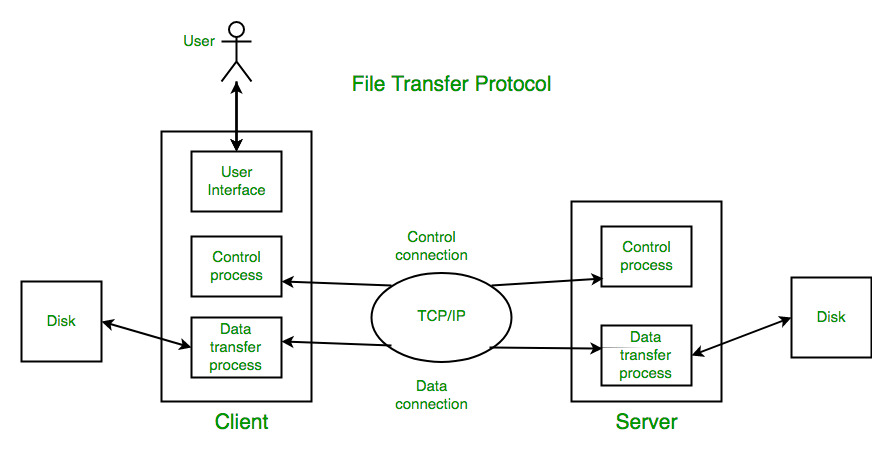
FTP (File Transfer Protocol) access allows you to upload, download, and manage website files on the server. This is crucial for website maintenance and content updates.
Consider the availability of secure FTP options, ensuring your file transfers are protected. Additionally, a user-friendly file management system simplifies file organization and content updates.
Programming Languages and Script Support
It’s essential to check if the hosting provider supports the programming languages and scripts you’re using for your website. This will ensure everything runs smoothly. Also, make sure the hosting environment has the necessary runtime environments to run any custom scripts or applications needed for your site.
Optimized hosting can supercharge your project’s performance. Whether you’re using PHP , Node.js, Python , or other languages, choose hosting tailored to your language for faster load times and seamless integration.
Content Management System (CMS) Compatibility

If your website is built on a popular CMS platform like WordPress, Joomla, or Drupal, ensure the hosting provider supports it. Look for hosts that offer one-click CMS installations and optimizations to streamline your website management.
Choosing a hosting provider with CMS compatibility will make website setup and maintenance much more straightforward.
E-commerce Features and SSL Support
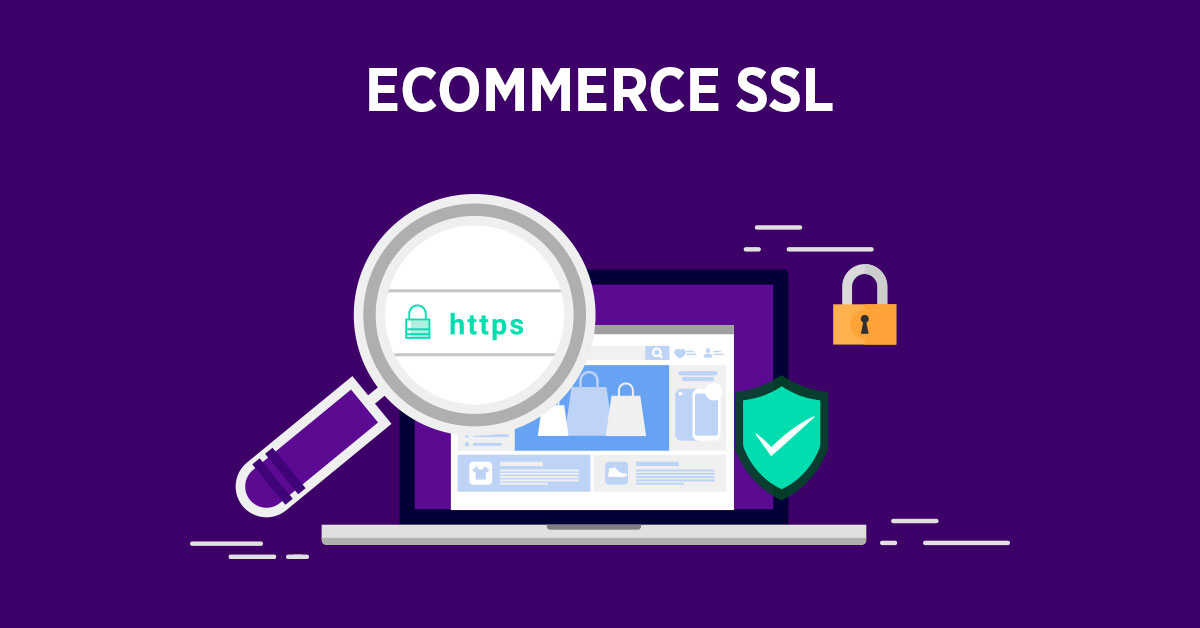
For online stores or e-commerce websites, robust security features are critical. Ensure the hosting plan includes SSL certificates to secure transactions and protect sensitive customer data.
Verify that the hosting provider offers reliable payment gateway integration to facilitate smooth and secure online transactions.
By considering these technical specifications and features, you can narrow your options and find a web host. This approach ensures that your final selection perfectly fits your website’s requirements.
Ready to boost your online store’s performance? Check out the Best Ecommerce Hosting Providers
Next, let’s explore the hosting terms and agreements you should be familiar with before making your final decision.
What Are the Hosting Terms and Agreements

Contract Length and Renewal Policies

When signing up for a hosting plan, pay attention to the contract length specified in the agreement. Some hosting providers offer monthly plans. Others may require a commitment for a longer duration, such as yearly or multi-year contracts.
The contract length can impact pricing and discounts, with longer commitments often offering better rates. However, be cautious about extended contracts if you’re unsure about the hosting service’s quality or your long-term needs.
Additionally, familiarize yourself with the renewal policies. Hosting plans may automatically renew at the end of the contract term.
Be aware of any potential price increases upon renewal. Some providers may offer promotional rates for the initial term but raise prices upon renewal.
Money-Back Guarantees and Refund Policies

Reputable hosting providers often offer money-back guarantees to provide reassurance to customers. These guarantees typically have a specific duration, such as 30 or 60 days. You can request a refund during this period if you’re unsatisfied with the hosting service.
However, be sure to review the conditions and eligibility for refunds. Some hosting providers may have non-refundable fees or cancellation charges. Understand the terms to make an informed decision and safeguard your investment.
Resource Usage Policies and Fair Usage
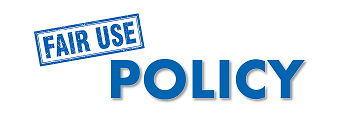
Shared hosting environments have resource usage policies to prevent one user from monopolizing shared resources. Users monopolizing CPU, RAM, and bandwidth resources can impact other users’ performance.
These policies help maintain fair resource distribution and ensure a consistent user experience for all customers on the shared server. Familiarize yourself with the resource limitations and understand the implications of exceeding allocated resources.
Additional Services and Add-ons
Hosting providers often offer additional services and add-ons to enhance your hosting experience. Common extras may include;
- Domain registration
- Website backups
- Security features
- SSL certificates
While these services can be beneficial, assess their necessity and cost-effectiveness based on your website’s specific requirements and budget. Consider whether you can obtain similar services elsewhere for a better value.
By understanding the hosting terms and agreements, you can make well-informed decisions and avoid any surprises. Learning about the technical specifications and hosting terms is a step in the right direction.
Let’s move on to the process of researching and finding the perfect hosting solution for your website.
Researching and Comparing Web Hosting Providers
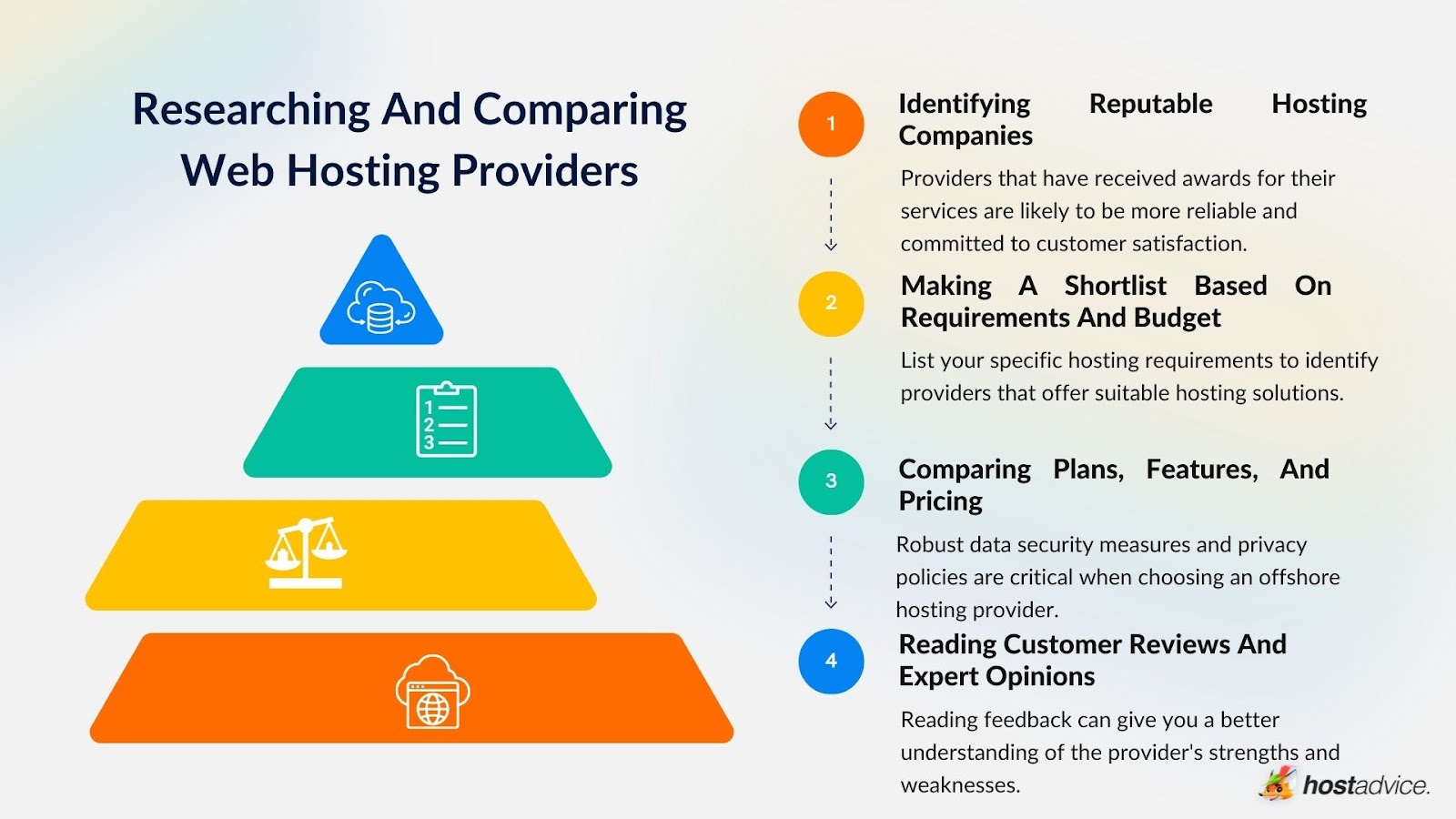
Finding the right web hosting provider is crucial for the success of your website. To ensure you make an informed decision, follow these steps to research and compare different hosting companies:
Identifying Reputable Hosting Companies
Start by researching and identifying hosting companies with a solid reputation and a track record of reliability. Look for providers that
- Have been in the industry for a considerable period
- Have established themselves as trustworthy service providers
To gauge a hosting provider’s credibility, check customer reviews and ratings. Online reviews from other users can provide valuable insights into
- The hosting company’s performance
- Customer support
- Overall user experience
Consider platforms like Trustpilot, Google Reviews, or specialized hosting review websites like HostAdvice.
Additionally, industry awards and recognition can serve as indicators of a hosting company’s excellence. Providers that have received awards for their services are likely to be more reliable and committed to customer satisfaction.
Making a Shortlist Based on Requirements and Budget
List your specific hosting requirements to identify providers that offer suitable hosting solutions. Consider
- The type of hosting you need (shared, VPS, dedicated, or cloud)
- The required disk space, bandwidth
- Any special features required for your website.
While exploring hosting options, aligning your shortlist with your budget constraints is essential. Consider the pricing of different plans and the overall value they offer in terms of resources, features, and support.
Avoid overspending on unnecessary features and focus on getting the best value for your investment.
A hosting plan that meets your requirements without exceeding your budget will provide the most cost-effective solution. You can also look up dedicated server tips if you decide you need a dedicated server.
Comparing Plans, Features, and Pricing
Compare hosting plans side by side to make an informed decision. Pay attention to factors like disk space, bandwidth, CPU/RAM resources, and control panel options offered by each provider.
Ensure the hosting plan includes support for the technologies required for your website, such as
- Programming languages
- Content management systems
Consider any promotional pricing offered by hosting providers. Also, look into renewal rates to understand the true long-term cost of the hosting service.
Try our Web Hosting Comparison Tool to Easily compare up to 3 web hosting companies.
Reading Customer Reviews and Expert Opinions
Gather real-life experiences and insights from customer reviews. Reading feedback can give you a better understanding of the provider’s strengths and weaknesses.
Look for expert opinions and reviews from reputable websites and industry experts. These evaluations often provide unbiased assessments of hosting companies based on
- Performance
- Reliability
- Customer support
We have many expert and user reviews available. Here are a few examples of our top providers per web hosting type:
- Shared Hosting – Expert and User Insights by HostArmada Customers
- VPS Hosting – Expert and User Insights by Ultahost Customers
- WordPress Hosting – Expert and User Insights by ChemiCloud Customers
- Cloud Hosting – Expert and User Insights by Kamatera Customers
- Reseller Hosting – Expert and User Insights by Verpex Hosting Customers
Now that you have a shortlist of potential hosting companies, it’s time to make a decision and take your website online.
Examples of How to Choose a Web Host
Here are some practical examples of factors to consider when making your decision:
Check Performance and Uptime
Website performance and uptime are critical for a positive user experience. Look for a web host that provides reliable performance and high uptime guarantees. A good hosting provider should have a track record of maintaining server stability and minimizing downtime.
Ensure that the hosting company offers at least a 99.9% uptime guarantee. This means your website will be accessible to users almost all the time. A reliable host will use a robust server infrastructure and implement measures to keep your website running smoothly.
Assess Support and Customer Service
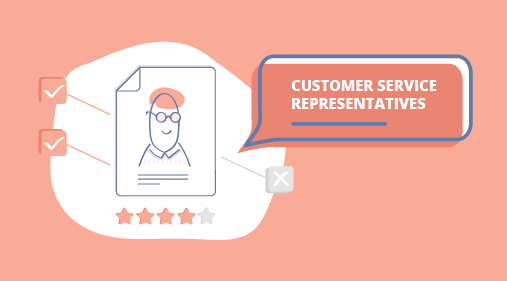
Good customer support is essential for any web hosting service. Test the hosting provider’s customer support by reaching out with pre-sales questions or inquiries. Evaluate their response time, helpfulness, and availability.
Choose a host that offers 24/7 support through various channels like live chat, email, and phone. This ensures you can get help whenever needed, especially during critical situations.
Responsive and knowledgeable customer support can be a lifesaver. They are handy when you encounter technical issues or need assistance with your hosting account.
Consider Scalability

Think about your website’s potential for growth and scalability. As your website attracts more traffic and expands, you may need to upgrade your hosting plan to accommodate the increased demands.
Choose a hosting provider that allows easy scalability, enabling you to upgrade your hosting resources without hassle. A flexible hosting solution will ensure that your website can
- Handle higher traffic
- Provide a seamless experience for your visitors
By considering these examples, you can make an informed decision and choose a web hosting provider that best suits your website’s needs. Remember to research and compare different hosting options to find the perfect fit for your online venture.
Conclusion
Selecting the right web host is a gateway to online growth and success. you can make an informed decision that sets the foundation for a thriving online presence By considering your
- Website’s unique needs
- Technical requirements
- Reputable hosting providers
Remember to explore additional resources and related content to stay updated on the latest trends and developments in the web hosting industry.
Next Steps: What Now?
Now that you have a better understanding of how to choose a web host, here are the practical next steps:
- Explore our Best Web Hosting page to find top-rated hosting providers
- If you need dedicated resources and maximum control, consider our Dedicated Servers page for premium hosting options
- Discover the best dedicated hosting providers for Windows
- Also, explore the best dedicated hosting providers for Linux
Further Reading – Useful Resources
For more information and related content, check out these valuable resources:








